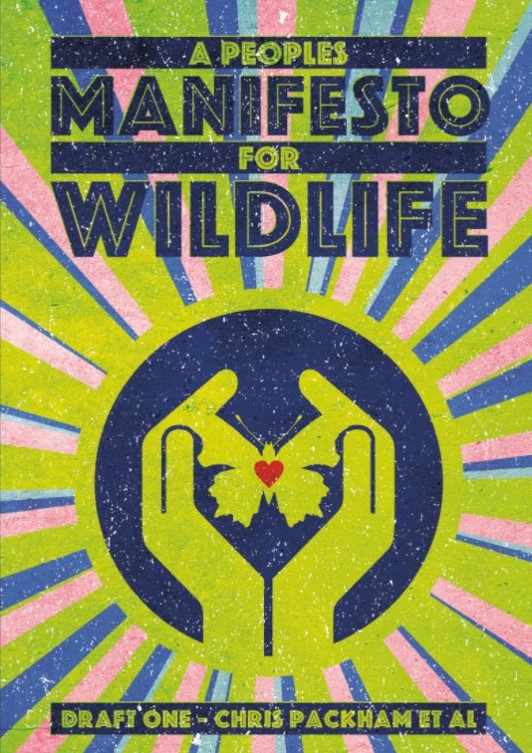
I wrote a short piece about the uplands in the Manifesto for Wildlife last year and a slightly longer piece on this blog a while later – click here (actually, I’ve just re-read it and I think it is worth re-reading, even if i say so myself).
Charlie moores caught me in an unguarded moment (I’m always unguarded with Charlie) and we had a chat about the uplands on the afternoon before Hen Harrier Day. You might enjoy it (although someone on Twitter fell alseep in it – so it has various uses).
[registration_form]
Wow, what a perfectly simple and obvious use of the uplands and our National Parks that is good for people, business and the environment.
How on earth have we allowed it to get in such a mess!
I re read the manifesto a few weeks ago – yes it’s excellent! The thing I like most about it, not surprisingly, is that it’s written from the viewpoint of what’s really needed for our wildlife – such a breath of fresh air to see the NFU being soundly trashed. It’s appalling and if I were a farmer would take great offence at it being seen as the representative organisation for my profession. I think there’s tremendous scope and need for a sister organisation to Wild Justice that directly communicates to the media and public in the same way (Wild Voice?) as the manifesto does – no bullshit, no doffing the cap to vested interests because you have to worry about funding or on the ground conservation projects. Just telling people what they have the right to know, what’s the truth not the spin.
Recently on the Rewilding Scotland facebook page someone posted about a fenced off tree planting that had been put in some while ago. The trees had got established, grown well then the fence wasn’t maintained and deer and sheep had got in and were in the process of grazing it to death. All that time, effort and (public?) money for nothing. Other people chipped in with their similar stories from farther afield even down into Wales. It seems this is quite common – ‘grab a grant’. Many of the commentators weren’t exact complimentary about the farming community, and this through direct experience with it. How commonplace has this been, publicly funded tree planting schemes that have been left to rot once the farmer got the all the money out of it? For that matter are crofters milking supposed loses of lambs to sea eagles and sweeping losses to bad husbandry under the carpet (if your money really comes from subsidy why bother looking after your stock?) – are they looking for compensation to add to the income stream from subsidy?
I have a funny feeling that Countryfile and Landward will never cover these questions which begs another one is this a democratic society or is it heretical to make negative comments and raise awkward questions about one particular section of it that seems to be already privileged by receiving public subsidy? It’s precisely because I know there are some good ones out there, like Cornish farmer Chris Jones who has hosted a trial beaver reintroduction on his land to reduce flooding of the Ladock village, or the sheep farmers of Pontbren integrating woodland into their farms that I’m seriously pissed off with the propaganda being rammed down our throats about the rest being wonderful conservationists when they’re not, and are often the opposite.
There are other near taboo subjects that need to be raised – urban conservation projects being thwarted because some council ground crews don’t give a shit (I met a teacher who pleaded with one to leave the school wildlife meadow alone he proceeded to cut it all down right in front of her). This observation has certainly cropped up in other areas and I suspect is a recurrent problem. A friend who was piloting a recycling scheme at a local school (the kids loved it incidentally) similarly had the notoriously obnoxious janitor make a point of deliberately putting rubbish into recycling containers right in front of her, a pathetic malicious act. Are local authorities letting education down because it’s easier to ignore their responsibility to children than deal with apathetic or belligerent staff (with union membership?). Too many things are being thought and understood, but not said – that’s not good in a democratic society and is certainly killing conservation.
Common sense, it sounds like a good plan to me. When can we make a start?